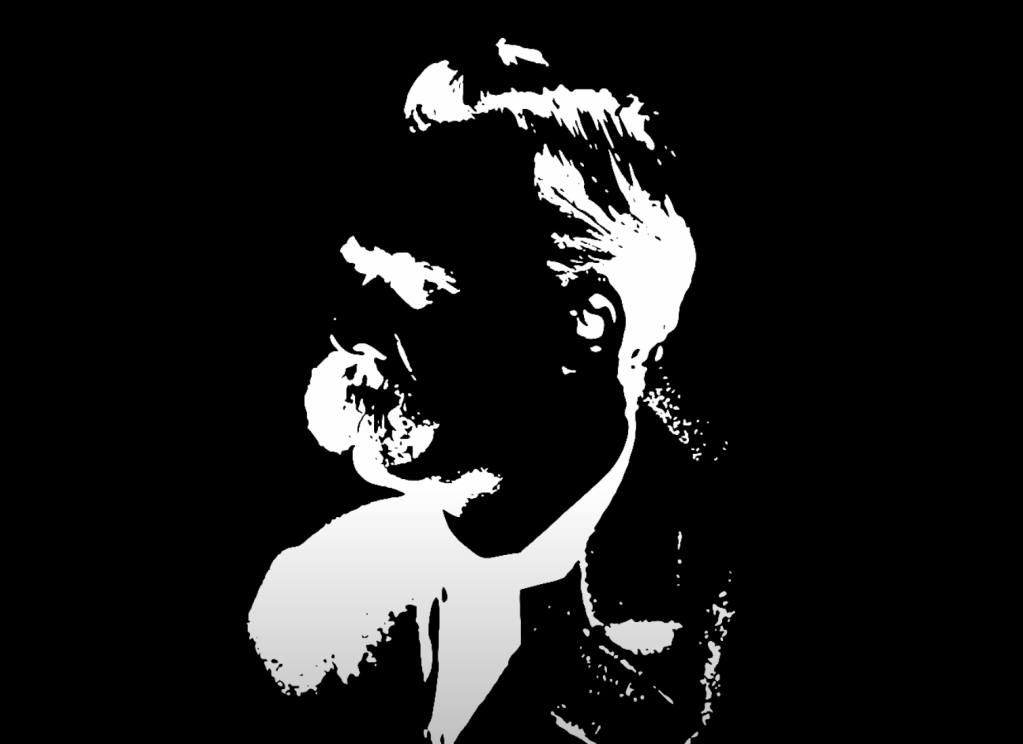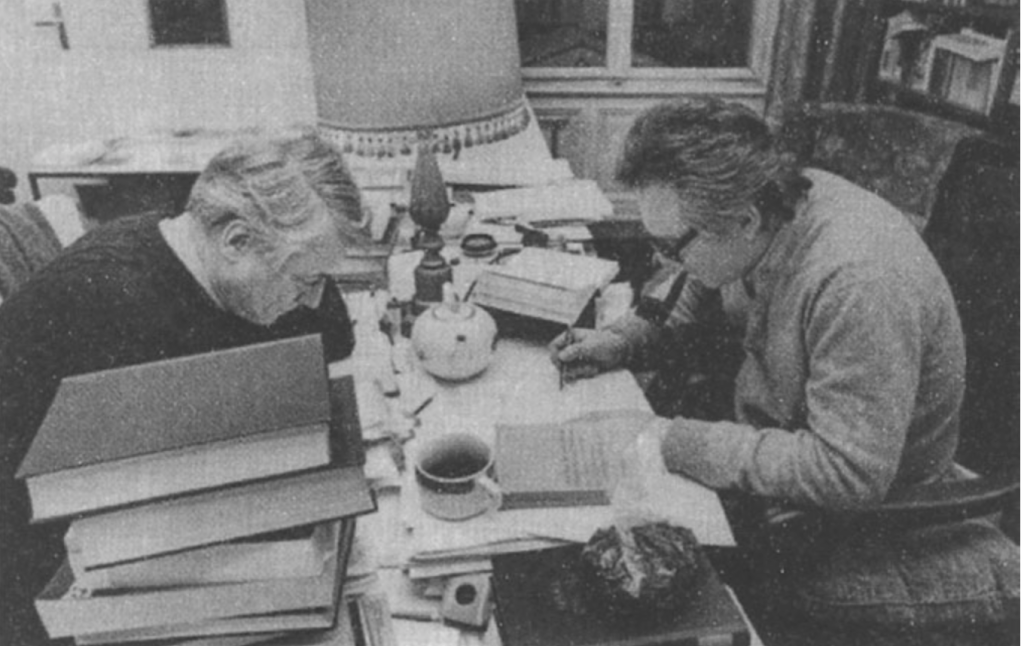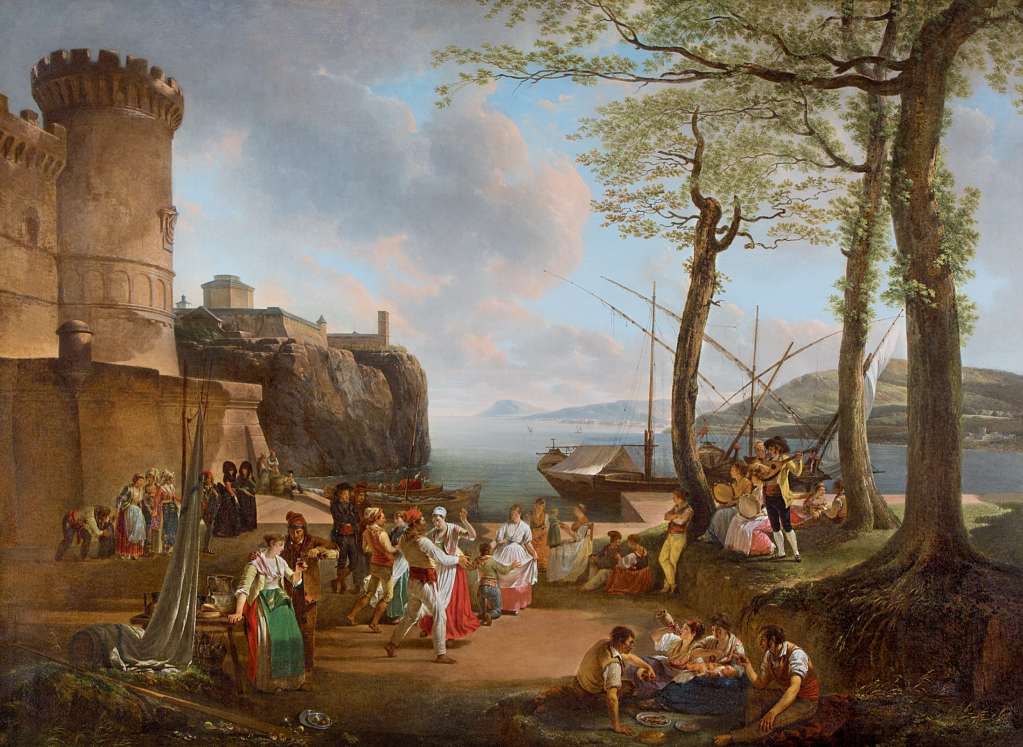Hegel would have come to the conclusion that the future itself is already completed. Similar to Heidegger’s observation of time: “time itself is both the passing itself and what passes; it has always passed away.” Hegel’s ultimate project, to see (what is) coming, to anticipate the future, which is the originary position of all encounter, is not the same in every moment of history, it does not see (what is) coming in the same way, it does not have the same future. To read Hegel is more difficult than reading any other philosopher because it means to be present in two places at once — the process that unfolds in both retrospective and prospective time (more of which will be developed below). Malabou’s study of Hegel The Future of Hegel seeks to lay bare the meaning of these two modes of subjectivity.
In this post I review Catherine Malabou’s brilliant, and notoriously difficult analysis of plasticity, temporality, and dialectic in Hegel’s speculative system of philosophy, The Future of Hegel begins with a thorough re-reading of Hegel’s text The Anthropology. Malabou brings two core concepts of Hegelian thought together, plasticity and habit, and their relation to temporality, and to time.
Plasticity enables the transition from one form of being to another, (which we will delve into in more detail below) and the acquisition of habit enables man to realize finitude and to transition from one form of spirit to another, i.e. to embody a newer and improved form of subjectivity.

Time
Hegel constitutes time as a certain present. A present that is privileged. In the speculative tradition, time itself is succumbed to the ontological modality of the present. “Time has always passed away” in Hegel, and yet time is where the spirit realizes itself. “It is too late for the future” becomes the realization of all philosophy. Time (unto itself) presents itself to consciousness as empty intuition; for this reason spirit necessarily appears in time. There are two stages of time in Hegel. One in which time is a present hanging between two non-existents, the past and the future. Time is not merely a succession of now’s, time is composed of two types of moments: teleological and representational.
There is the present time in which reading takes place, the reader is drawn into a double expectation, waiting for what is to come, and (according to linear representational thinking), while presupposing that the outcome has already arrived (by virtue of teleological ruse). These two moments amount to what Malabou refers to as the immanent temporalization of the System. By configuring itself in both perspectives, Hegelian thought announces the arrival of a new time. How then can we explain the nature of this version of this new form of time becomes the central goal of Hegelian philosophy.
Hegel terms the two types of time Greek and modern (the teleological being Greek, and the representational being modern), but they remain larger than simply conceptions of time, they end up becoming gauges for how man understands being and subjectivity. We will revisit the way that time impacts subjectivity below.
Plasticity
Some preliminary points:
– Plasticity is the center of which all transformations occur in Hegelian thought.
– Plasticity is the capacity to receive form and to give form.
– All subjectivity is plastic.
– Plasticity is a process which is dialectical in nature because the forces that it deals with are contradictory.
– The connection that links plasticity, temporality, and dialectic is the formation of the future itself.
– To understand the future as something different from a moment of time, the plasticity of temporality is central.
Because plasticity allows us to move from one individuality to another, the person who believes that his exteriority reveals his inner being, that everything is there to be seen, interpreted, made meaningful, has in fact made himself a prisoner of his own state of nature. When the organs become a sign, they place the subject at the mercy of the gaze of others — i.e. when man sees himself being seen – he has become doubled. The individual is at once the inner individuality and not its expression and a reality free from the inner. Immediate signifiers can only lead to a ‘science of conjectures’ according to which the reality of man is his face.
This surplus of non-meaning in the process of the reduplication of spirit results in speculative signification. At the end of The Anthropology, man is defined as the ‘soul’s work of art.’ Like the sculptor who knows that each organ must in general be considered from two points of view, the purely physical and the spiritual. This two fold presence is also what we have seen in the case of habit.
Hegel argues there is no transcendental moment ascribed to ‘seeing (what is) coming,’ because all transcendental instances are exterior to what it organizes. Yet the concept of a system implies its opposite, whatever is outside the system, there is no plasticity to an analysis of system in Hegel.
“Because plasticity works on and above the body of the systematic exposition, without ever extending above it or over determining it, it is revealed as the concept capable of accounting for the incarnation, or the incorporation, of spirit.”
Habit
In The Anthropology habit is what makes it possible to see (what is) coming — meaning that the end can be brought forward and at the same time postponed. Time ties this all together because it in the realization of the ‘true soul’ man is able to make the transition from Greek to modern subjectivity. In the moment the soul has perfected itself as a work of art, it ceased to be a soul. In its highest moment the soul has turned itself into spirit. “The soul not habituated cannot see itself dying, and does not know it is finite; it is therefore mad.”
Hegel’s understanding of man from The Anthropology develops man in three stages. Man “must go forward to the stage where he opposes himself to the universal.” Man develops habit in his transition from Greek to modern, whereby three aspects are central:
1. Habit returns us to the founding moment of the substance-spirit, the Greek moment.
2. Habit emerges as the fundamental anthropological determination in so far as it is a mechanism of self-feeling. This structure presupposes a reduplication of the negative by its very structure.
3. Habit refashions the human as a ‘work of art of the soul,’ a transformation which will bring us back to plasticity.
Aristotle treats habit as the transition of nature into spirit, revealing and putting into perspective a temporality no longer belonging to the simple rule of time. In the course of moving from one mode of time, the noetic to the time of habit-forming – the subjectivity of Greek life is revealed.
Habit is defined as a general phenomenon of biological and physical adaptation, consisting in the fact that a being, once it has experienced for the first time some kind of modification, will preserve that modification so that even if the action is repeated or continued, there will be no additional modification like the first one.
Transition from Nature to Spirit
The transition that Hegel describes he terms as between that of nature to spirit, in which the reduplication of the negative guides. This process spirit constitutes itself as a second nature. This is like the mirror stage of spirit. Man appears as the inverted lining of the animal and not its opposite. Habit is the then the process whereby the psychic and the somatic are translated into one another. We can refer to this larger process as ‘auto-determination.’
Malabou seeks to lay bare the way that man’s habit-formed soul marks the birth of the spirit. The movement of man unfolds in three stages: self-identity, rupture, and return to unity. For spirit there is no alterity – the absolute has nothing that is different than itself that is why spirit recognizes everything in itself. This is why Kojeve defines absolute as the end of time, i.e. the end of history.
Hegel posited three stages to the process of the substance-spirit: man, God and the philosopher. These are the sites where subjectivity forms itself, the plastic instances, where the three great moments of self-determination occur: Greek, modern, and Absolute Knowledge.
How does the mediation occur to transition the subject amidst these moments of self-determination?
1. As the individual idea self-related in its process and coalescing with itself inwardly.
2. As idea that relates itself to its other, its inorganic nature and posits the ideal nature of this other within itself, i.e. assimilation, and
3. As the idea relating to an other which is itself a living individual and thereby relating itself to itself in the other, i.e. the generic process.
Subjectivity amidst this threefold process arises in the possibility of self solicitation its own power to address itself. The self is the instance that guarantees the unity between the self and other. A magical condition of the self is one’s who’s actions cannot be determined by objective relations – it lacks any sense of mediation. The way out of this insanity of the feeling soul is habit. Habit is the soul’s making itself an abstract universality, reducing the particulars of feeling to a mere feature of its being, a determination that is no more that a thing.
The structure of syllogism is achieved when soul, neither distinguishing itself from nor confusing itself with specific features or expressions comes to enjoy a position between abstraction and rigidity. Habit is what makes the body into an instrument. This ideal substance is not the self but is the possibility of the self – it opens the horizon of bildung where it will progress. The subject is now opened to the possibility to see what is coming, thus man is exactly how he appears at the end of the Anthropology, the incarnation of spirit.



Leave a comment